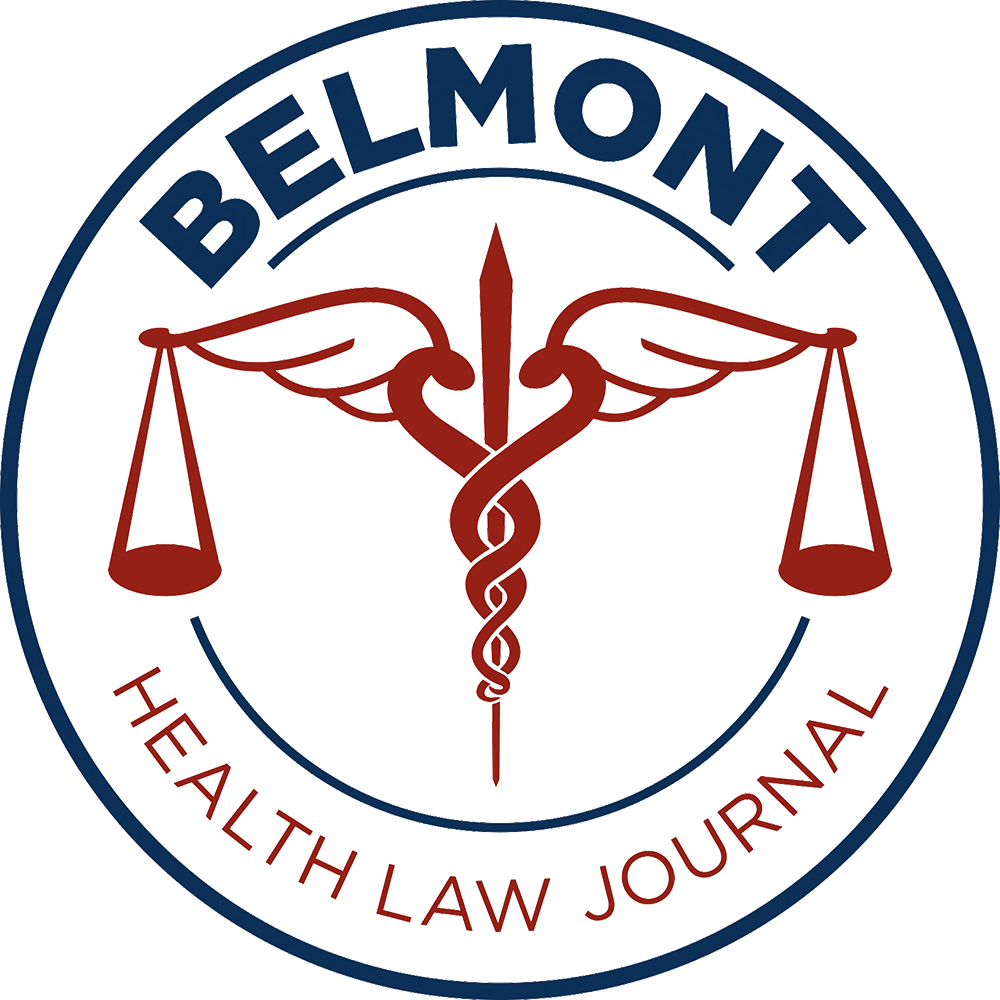David Brust, Class of 2022, Belmont Law
In recent years, the call for price transparency for medical care has increased. People often go to the doctor for non-routine medical care with no idea what it could end up costing them. In response to this, Congress passed the No Surprises Act which “protects people covered under group and individual health plans from receiving surprise medical bills when they receive most emergency services, non-emergency services from out-of-network providers at in-network facilities, and services from out-of-network air ambulance service providers.” The Act also sets up an independent dispute resolution process for different kinds of disputes, including those for self-pay and uninsured patients who receive a final bill that is “substantially greater” (defined as $400) than the good faith estimate they received from the provider. Patients have 120 days to file a dispute.
The Act went into effect on January 1, 2022, and since then some providers have already voiced their concerns about staying in compliance with the Act. One of these groups is mental and behavioral health providers. Recently, a group of various mental and behavioral health providers sent a letter to the Secretary and the US Department of Health & Human Services asking for an exemption from the Good Faith Estimate requirement. The providers state that while they agree with the overall goal of the Act, the Good Faith Estimate (“GFE”) requirement places a unique burden on them. The Good Faith Estimate requirements mandates that medical professionals give patients a cost estimate that includes a diagnosis and “information about the length and costs involved in a typical course of treatment.” Mental and behavioral health providers state that they are already bound by professional ethics to be up front about the costs of treatment. However, the providers are concerned that the diagnosis requirement of the GFE will in turn limit the care of their patients. They claim that mental health is a continuum and a diagnosis can take time and eventually change due to various factors. Thus, they are concerned that by having to give a diagnosis on the GFE, a patient’s insurer may limit coverage only to the diagnosis given on the GFE despite the diagnosis changing over time. This could ultimately hurt the patient and keep the provider from fully treating a patient. Therefore, it will be interesting to see whether the exemption is granted.
Overall, the goal of the No Surprises Act is to provide patients with an estimate of the cost of their medical care in most situations. However, in the first month of the Act being in effect, some providers have begun to express concerns about how the Act will impact their ability to provide the best care they can. So far mental and behavioral health providers have asked for an exemption, and it is likely other groups of providers will follow. At this time, it is unclear whether these providers will be granted an exemption, however until that happens, they must comply with the law as it currently stands.
Works Cited:
https://www.apaservices.org/advocacy/no-surprises-act-letter.pdf
